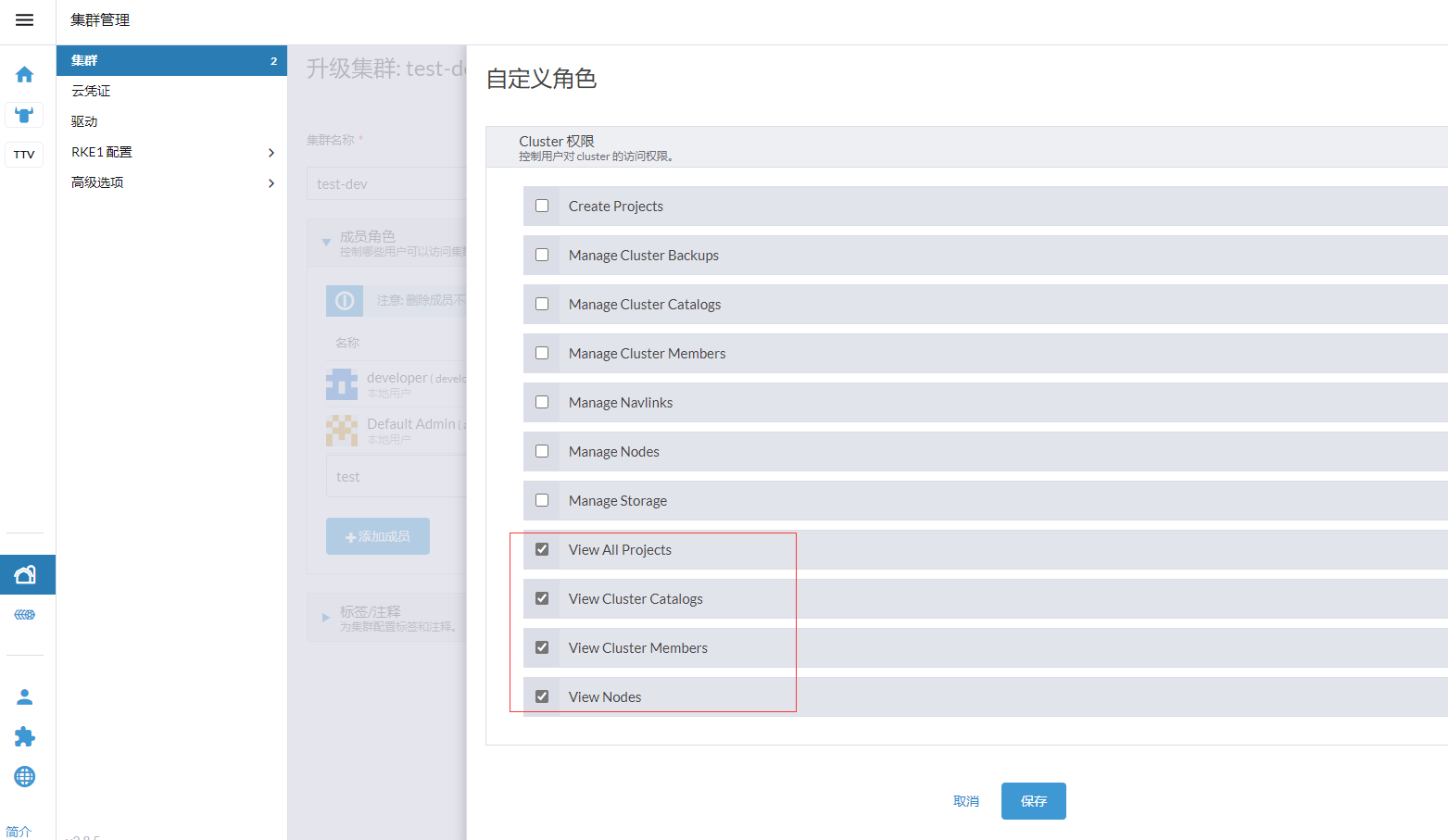十二 nginx 地址重写 rewrite
1 什么是Rewrite
Rewrite对称URL Rewrite,即URL重写,就是把传入Web的请求重定向到其他URL的过程。
- URL Rewrite最常见的应用是URL伪静态化,是将动态页面显示为静态页面方式的一种技术。比如
http://www.123.com/news/index.php?id=123 使用URLRewrite 转换后可以显示为 http://www.123 .com/news/123.html对于追求完美主义的网站设计师,就算是网页的地址也希望看起来尽量简洁明快。
理论上,搜索引擎更喜欢静态页面形式的网页,搜索引擎对静态页面的评分一般要高于动态页面。所以,UrlRewrite可以让我们网站的网页更容易被搜索引擎所收录。 - 从安全角度上讲,如果在URL中暴露太多的参数,无疑会造成一定量的信息泄漏,可能会被一些黑客
利用,对你的系统造成一定的破坏,所以静态化的URL地址可以给我们带来更高的安全性。 - 实现网站地址跳转,例如用户访问360buy.com,将其跳转到jd.com。例如当用户访问tianyun.com的
80端口时,将其跳转到443端口。
2 Rewrite 相关指令
- Nginx Rewrite 相关指令有 if 、rewrite、set、return
2.1、if 语句
应用环境
server,location
语法:
if (condition) { … }
if 可以支持如下条件判断匹配符号
~ 正则匹配 (区分大小写)
~* 正则匹配 (不区分大小写)
!~ 正则不匹配 (区分大小写)
!~* 正则不匹配 (不区分大小写)
-f 和!-f 用来判断是否存在文件
-d 和!-d 用来判断是否存在目录
-e 和!-e 用来判断是否存在文件或目录
-x 和!-x 用来判断文件是否可执行
在匹配过程中可以引用一些Nginx的全局变量
$args 请求中的参数;
$document_root 针对当前请求的根路径设置值;
$host 请求信息中的"Host",如果请求中没有Host行,则等于设置的服务器名;
$limit_rate 对连接速率的限制;
$request_method 请求的方法,比如"GET"、"POST"等;
$remote_addr 客户端地址;
$remote_port 客户端端口号;
$remote_user 客户端用户名,认证用;
$request_filename 当前请求的文件路径名(带网站的主目录/usr/local/nginx/html/images/a.jpg)
$request_uri 当前请求的文件路径名(不带网站的主目录/images/a.jpg)
$query_string 与$args相同;
$scheme 用的协议,比如http或者是https
$server_protocol 请求的协议版本,"HTTP/1.0"或"HTTP/1.1";
$server_addr 服务器地址,如果没有用listen指明服务器地址,使用这个变量将发起一次系统调用以取得地址(造成资源浪费);
$server_name 请求到达的服务器名;
$document_uri 与$uri一样,URI地址;
$server_port 请求到达的服务器端口号;
2.2、Rewrite flag
rewrite 指令根据表达式来重定向URI,或者修改字符串。
可以应用于server,location, if环境下每行rewrite指令最后跟一个flag标记,支持的flag标记有:
last 相当于Apache里的[L]标记,表示完成rewrite。默认为last。
break 本条规则匹配完成后,终止匹配,不再匹配后面的规则
redirect 返回302临时重定向,浏览器地址会显示跳转后的URL地址
permanent 返回301永久重定向,浏览器地址会显示跳转后URL地址
redirect 和 permanent 区别则是返回的不同方式的重定向,对于客户端来说一般状态下是没有区别的。而对于搜索引擎,相对来说301的重定向更加友好,如果我们把一个地址采用301跳转方式跳转的话,搜索引擎会把老地址的相关信息带到新地址,同时在搜索引擎索引库中彻底废弃掉原先的老地址。使用302重定向时,搜索引擎(特别是google)有时会查看跳转前后哪个网址更直观,然后决定显示哪个,如果它觉的跳转前的URL更好的话,也许地址栏不会更改,那么很有可能出现URL劫持的现像。在做URI重写时,有时会发现URI中含有相关参数,如果需要将这些参数保存下来,并且在重写过程中重新引用,可以用到 () 和 $N 的方式来解决。
2.3、Rewrite匹配参考示例
# 本地解析host文件
例1:
# http://www.testpm.com/a/1.html ==> http://www.testpm.com/b/2.html
location /a {
root /html;
index 1.html index.htm;
rewrite .* /b/2.html permanent;
}
location /b {
root /html;
index 2.html index.htm;
}
例2:
# http://www.testpm.com/2019/a/1.html ==> http://www.testpm.com/2018/a/1.html
location /2019/a {
root /var/www/html;
index 1.html index.hml;
rewrite ^/2019/(.*)$ /2018/$1 permanent;
}
location /2018/a {
root /var/www/html;
index 1.html index.htl;
}
例3:
# http://www.lanfw1.com/a/1.html ==> http://jd.com
location /a {
root /html;
if ($host ~* www.qf.com ) {
rewrite .* http://jd.com permanent;
}
}
例4:
# http://www.lanfw1.com/a/1.html ==> http://jd.com/a/1.html
location /a {
root /html;
if ( $host ~* testpm.com ){
rewrite .* http://jd.com$request_uri permanent;
}
}
例5: 在访问目录后添加/ (如果目录后已有/,则不加/)
# http://www.lanfw1.com/a/b/c
# $1: /a/b/
# $2: c
# http://$host$1$2$3/
location /a/b/c {
if (-d $request_filename) {
rewrite ^(.*)([^/])$ http://$host$1$2/ permanent;
}
}
例6:
# http://www.lanfw.com/login/lanfw.html ==> http://www.lanfw.com/reg/login.html?user=lanfw
location /login {
root /usr/share/nginx/html;
rewrite ^/login/(.*)\.html$ http://$host/reg/login.html?user=$1;
}
location /reg {
root /usr/share/nginx/html;
index login.html;
}
例7:
#http://www.lanfw.com/qf/11-22-33/1.html ==> http://www.lanfw.com/qf/11/22/33/1.html
location /qf {
rewrite ^/qf/([0-9]+)-([0-9]+)-([0-9]+)(.*)$ /qf/$1/$2/$3$4 permanent;
}
location /qf/11/22/33 {
root /html;
index 1.html;
}
2.4、set 指令
set 指令是用于定义一个变量,并且赋值
应用环境:
server,location,if
应用示例
例8:
#http://alice.testpm.com ==> http://www.testpm.com/alice
#http://jack.testpm.com ==> http://www.testpm.com/jack
[root@nginx-server conf.d]# cd /usr/share/nginx/html/
[root@nginx-server html]# mkdir jack alice
[root@nginx-server html]# echo "jack.." >> jack/index.html
[root@nginx-server html]# echo "alice.." >> alice/index.html
a. DNS实现泛解析
* IN A 网站IP
# 或者本地解析域名host文件
10.0.105.202 www.testpm.com
10.0.105.202 alice.testpm.com
10.0.105.202 jack.testpm.com
# 编辑配置文件:
server {
listen 80;
server_name www.testpm.com;
location / {
root /usr/share/nginx/html;
index index.html index.htm;
if ( $host ~* ^www.testpm.com$) {
break;
}
if ( $host ~* "^(.*)\.testpm\.com$" ) {
set $user $1;
rewrite .* http://www.testpm.com/$user permanent;
}
}
location /jack {
root /usr/share/nginx/html;
index index.html index.hml;
}
location /alice {
root /usr/share/nginx/html;
index index.html index.hml;
}
}
2.5、return 指令
return 指令用于返回状态码给客户端
server,location,if
应用示例:
例9:如果访问的.sh结尾的文件则返回403操作拒绝错误
server {
listen 80;
server_name www.testpm.cn;
#access_log /var/log/nginx/http_access.log main;
location / {
root /usr/share/nginx/html;
index index.html index.htm;
}
location ~* \.sh$ {
return 403;
}
}
例10:
<==80 == 443 == 80转443端口 ==>
server {
listen 80;
server_name www.testpm.cn;
access_log /var/log/nginx/http_access.log main;
return 301 https://www.testpm.cn$request_uri;
}
server {
listen 443 ssl;
server_name www.testpm.cn;
access_log /var/log/nginx/https_access.log main;
#ssl on;
ssl_certificate /etc/nginx/cert/2447549_www.testpm.cn.pem;
ssl_certificate_key /etc/nginx/cert/2447549_www.testpm.cn.key;
ssl_session_timeout 5m;
ssl_protocols TLSv1 TLSv1.1 TLSv1.2;
ssl_ciphers ALL:!ADH:!EXPORT56:RC4+RSA:+HIGH:+MEDIUM:+LOW:+SSLv2:+EXP;
ssl_prefer_server_ciphers on;
location / {
root /usr/share/nginx/html;
index index.html index.htm;
}
}
[root@nginx-server ~]# curl -I http://www.testpm.cn
HTTP/1.1 301 Moved Permanently
Server: nginx/1.16.0
Date: Wed, 03 Jul 2019 13:52:30 GMT
Content-Type: text/html
Content-Length: 169
Connection: keep-alive
Location: https://www.testpm.cn/
3 last break详解
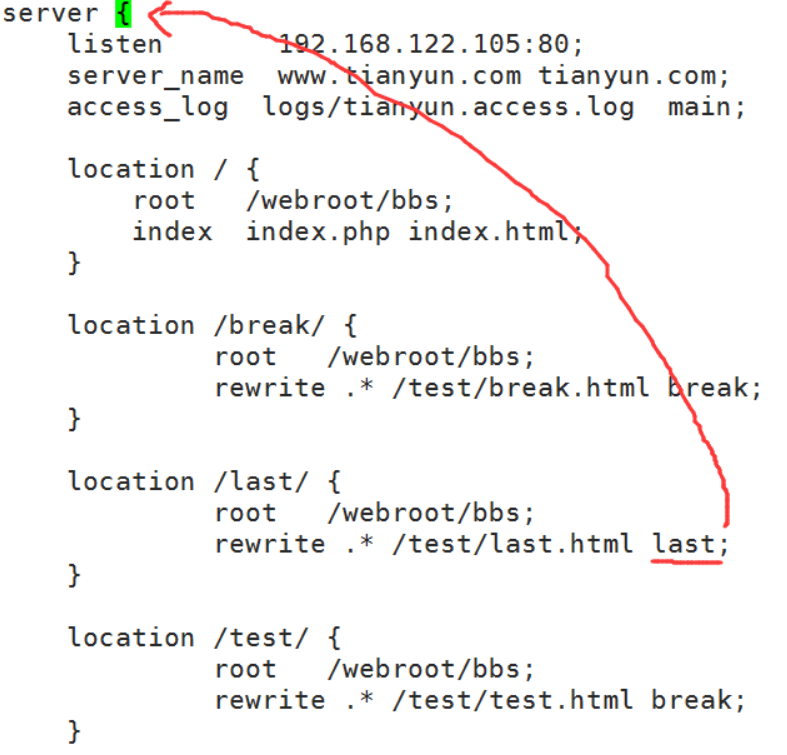
[root@localhost test]# cat /etc/nginx/conf.d/last_break.conf
server {
listen 80;
server_name localhost;
access_log /var/log/nginx/last.access.log main;
location / {
root /usr/share/nginx/html;
index index.html index.htm;
}
location /break/ {
root /usr/share/nginx/html;
rewrite .* /test/break.html break;
}
location /last/ {
root /usr/share/nginx/html;
rewrite .* /test/last.html last;
}
location /test/ {
root /usr/share/nginx/html;
rewrite .* /test/test.html break;
}
}
[root@localhost conf.d]# cd /usr/share/nginx/html/
[root@localhost html]# mkdir test
[root@localhost html]# echo "last" > test/last.html
[root@localhost html]# echo "break" > test/break.html
[root@localhost html]# echo "test" > test/test.html
http://10.0.105.196/break/break.html
http://10.0.105.196/last/last.html
注意:
- last 标记在本条 rewrite 规则执行完后,会对其所在的 server { … } 标签重新发起请求;
- break 标记则在本条规则匹配完成后,停止匹配,不再做后续的匹配;
- 使用 alias 指令时,必须使用 last;
- 使用 proxy_pass 指令时,则必须使用break。
4 Nginx 的 https ( rewrite )
server {
listen 80;
server_name *.vip9999.top vip9999.top;
if ($host ~* "^www.vip9999.top$|^vip9999.top$" ) {
return 301 https://www.vip9999.top$request_uri;
}
if ($host ~* "^(.*).vip9999.top$" ) {
set $user $1;
return 301 https://www.vip9999.top/$user;
}
}
# Settings for a TLS enabled server.
server {
listen 443 ssl;
server_name www.vip9999.top;
location / {
root /usr/share/nginx/html;
index index.php index.html;
}
#pass the PHP scripts to FastCGI server listening on 127.0.0.1:9000
location ~ \.php$ {
root /usr/share/nginx/html;
fastcgi_pass 127.0.0.1:9000;
fastcgi_index index.php;
fastcgi_param SCRIPT_FILENAME $document_root$fastcgi_script_name;
include fastcgi_params;
}
ssl on;
ssl_certificate cert/214025315060640.pem;
ssl_certificate_key cert/214025315060640.key;
ssl_session_cache shared:SSL:1m;
ssl_session_timeout 10m;
ssl_ciphers HIGH:!aNULL:!MD5;
ssl_prefer_server_ciphers on;
}
5 Apache 的 https ( rewrite )
[root@localhost ~]# yum -y install httpd mod_ssl
[root@localhost ~]# vim /etc/httpd/conf.d/vip9999.conf
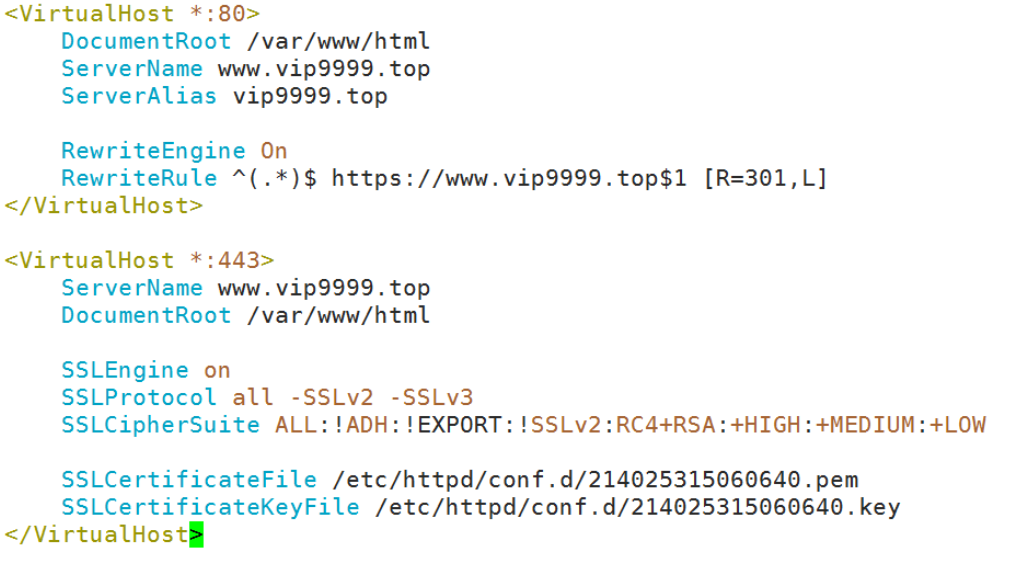
例4
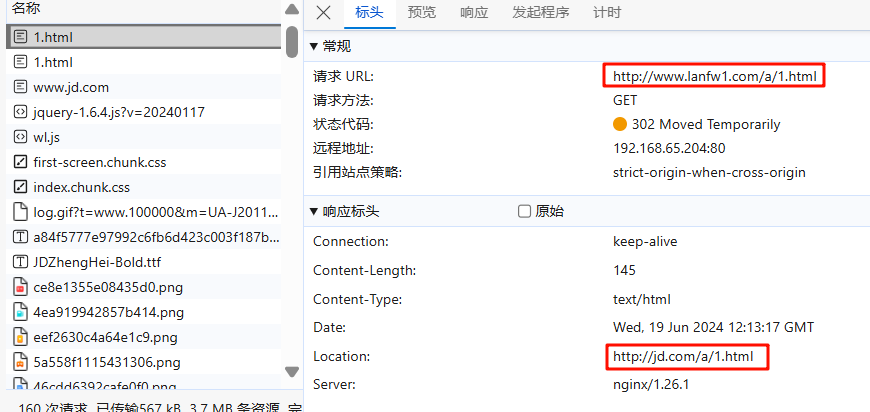
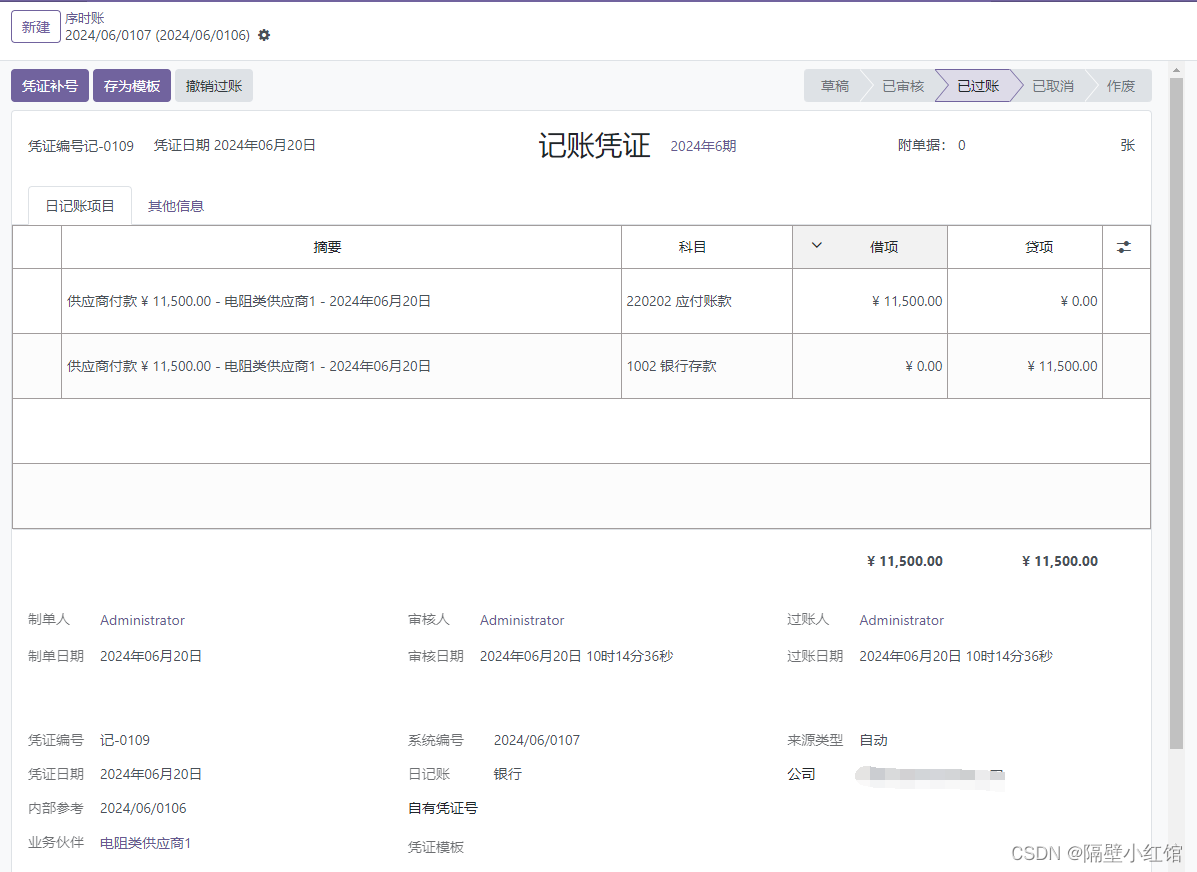









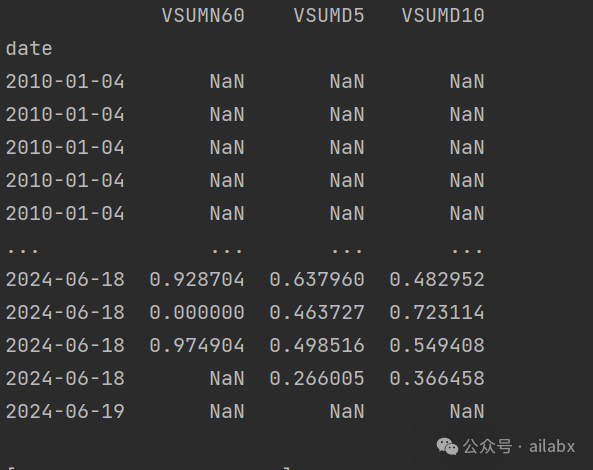



![[HGAME 2022 week1]Matryoshka(古典密码混合)](https://img-blog.csdnimg.cn/direct/3d828969548b4036893562abc1b0d54f.png)




